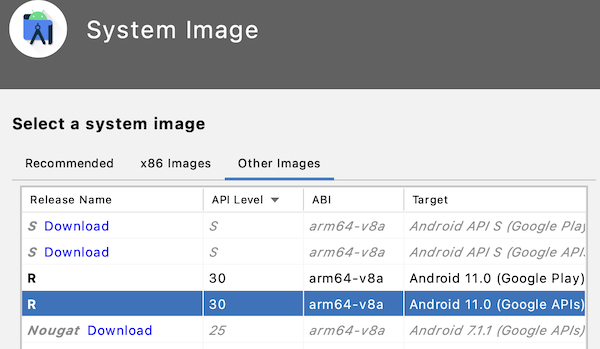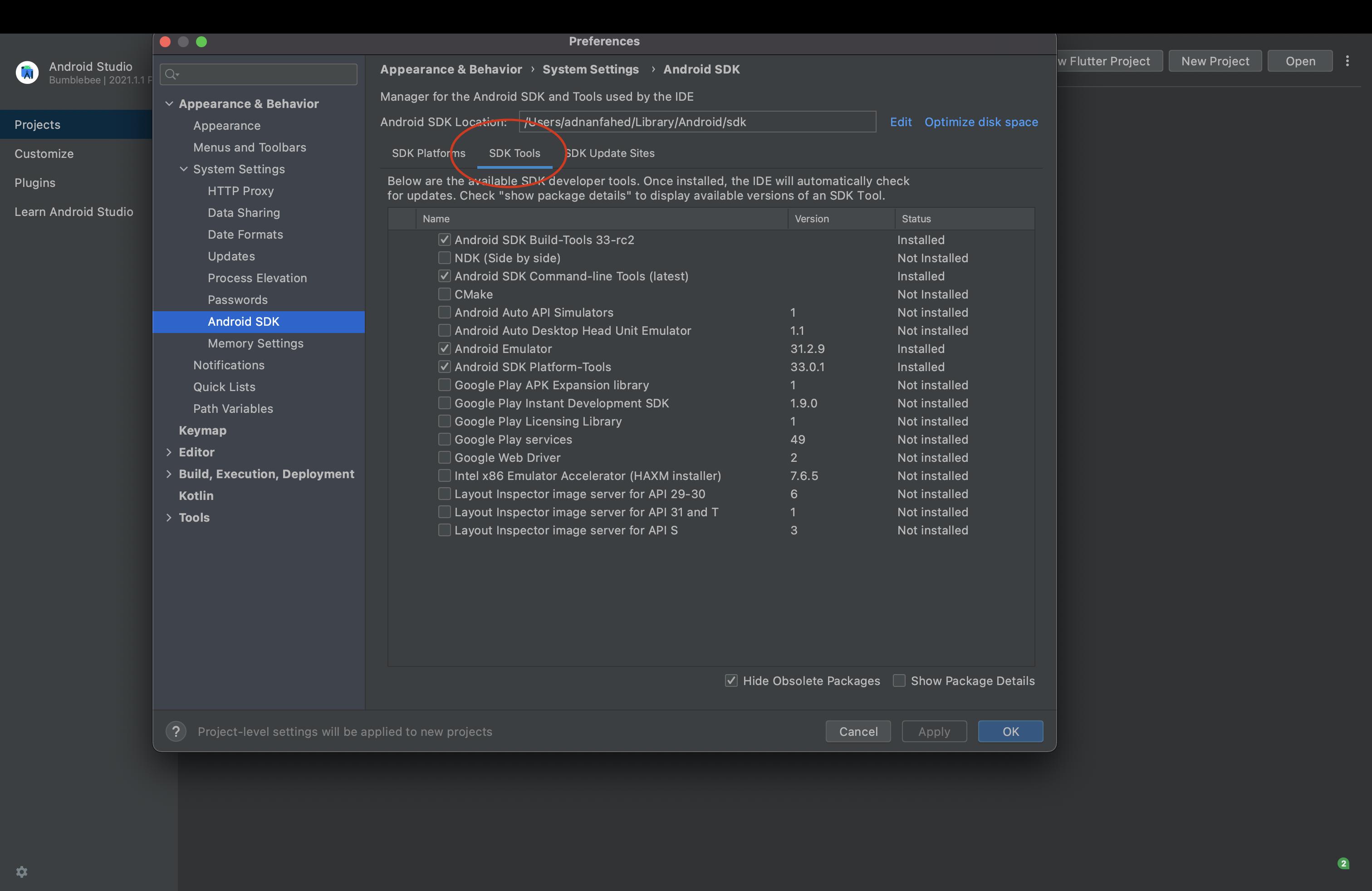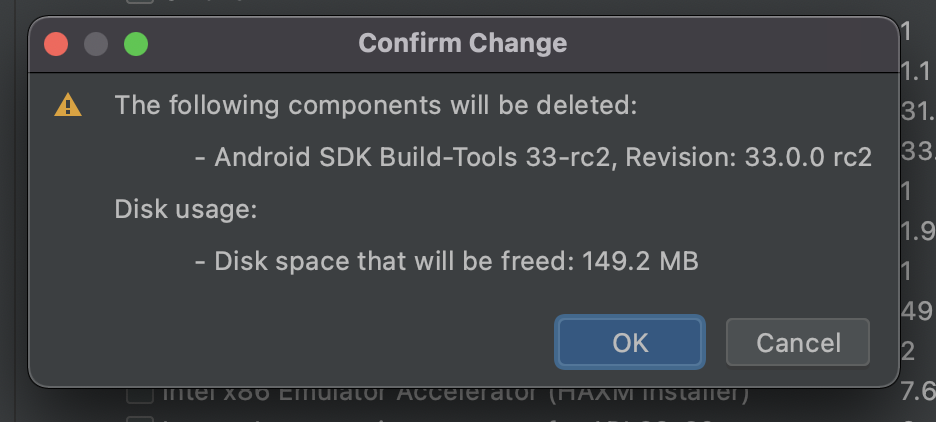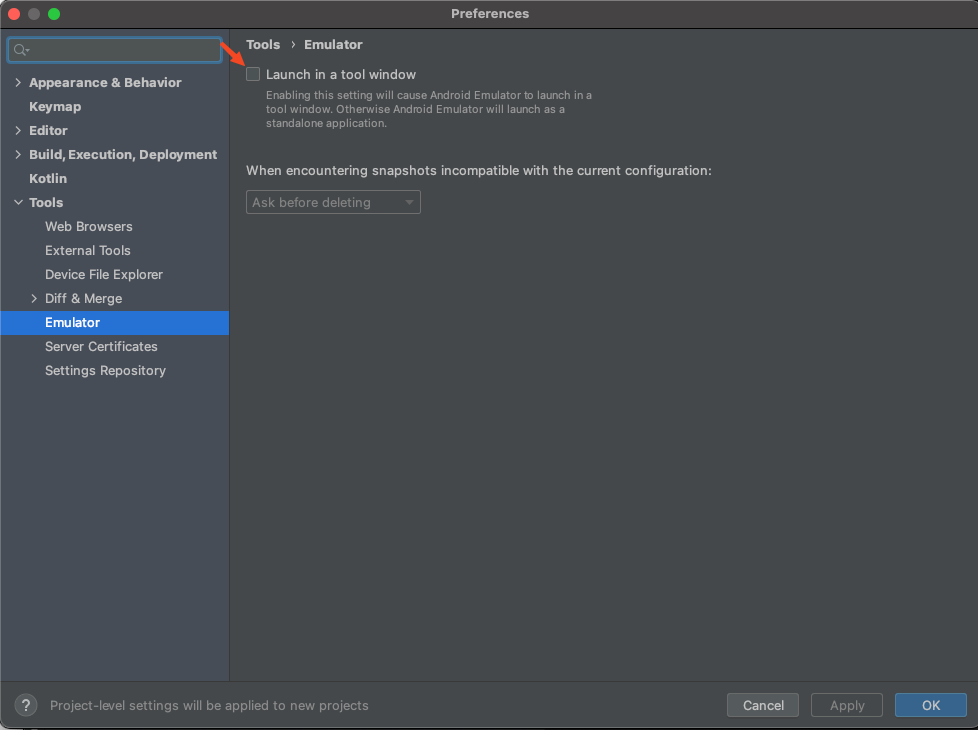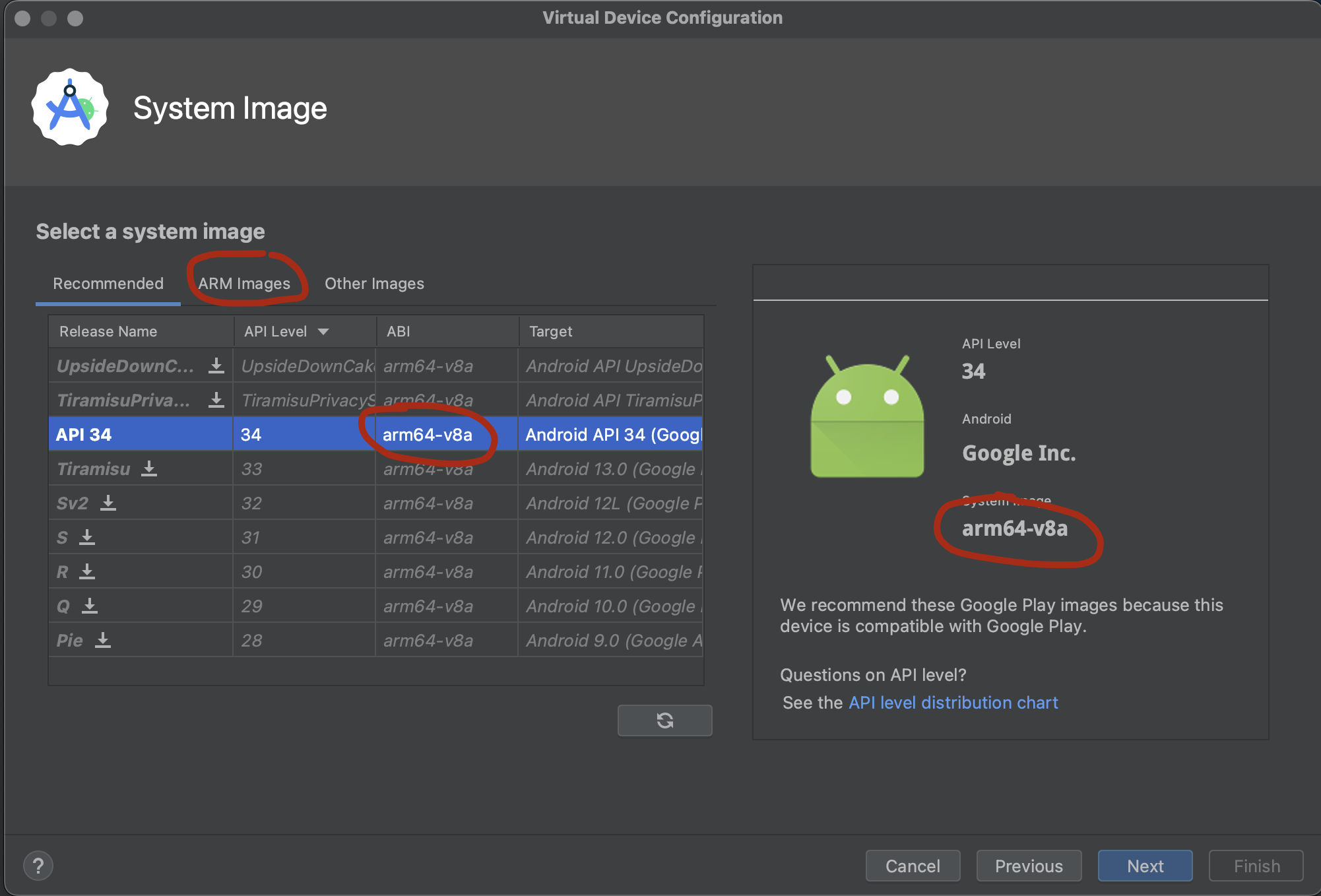I started Android Studio 4.1 in macOS Big Sure 11.0.1 with new ARM cpu M1
After installing Rosetta: Yes, it builds !
But the Emulator has problems, it shows me CPU does not support VT-x
Even ARM images have this issue 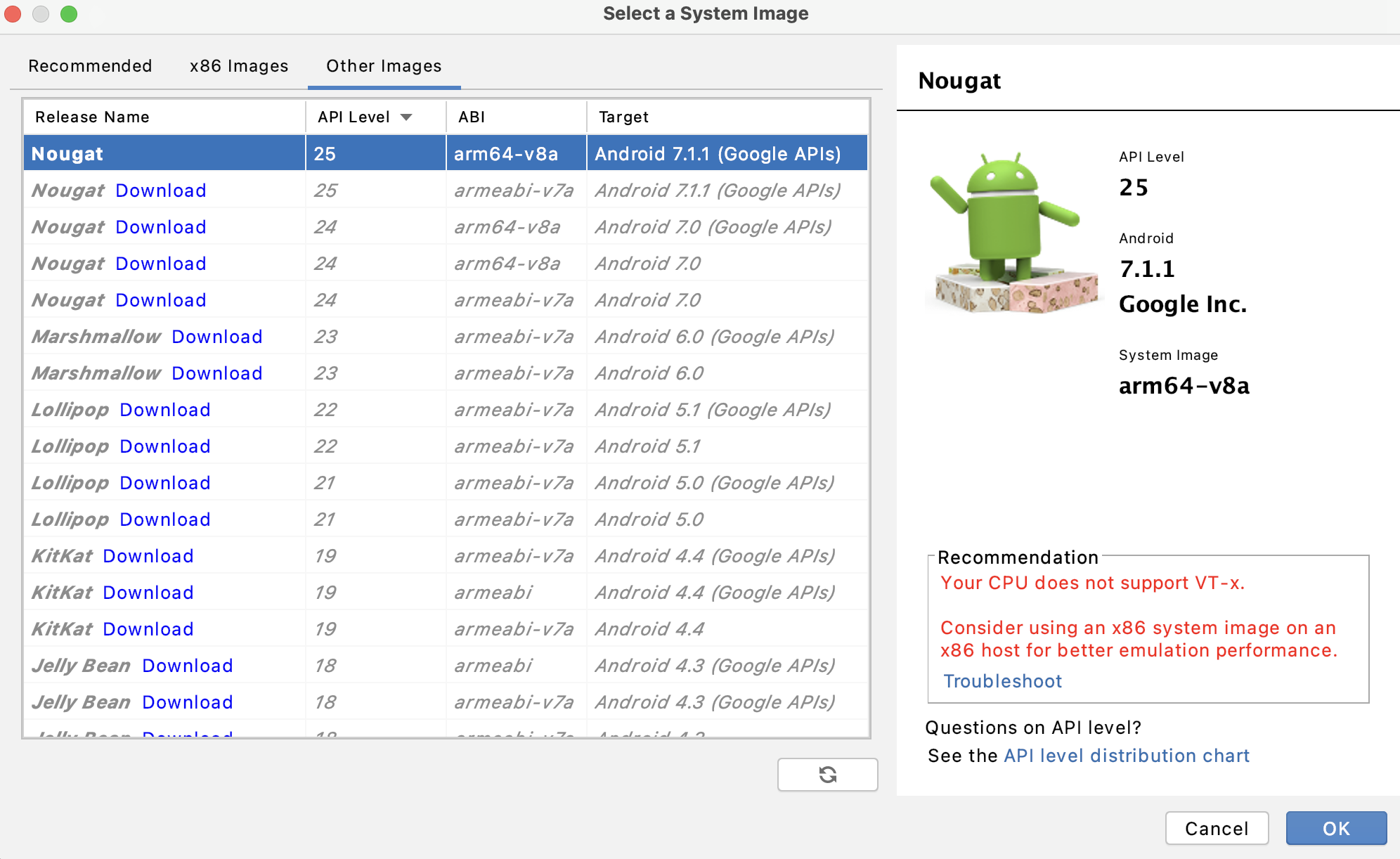
I used the most recent, a very old api25 (Google has to do here something) but it's increadible slow
How to make the Emulator work and fast ?

